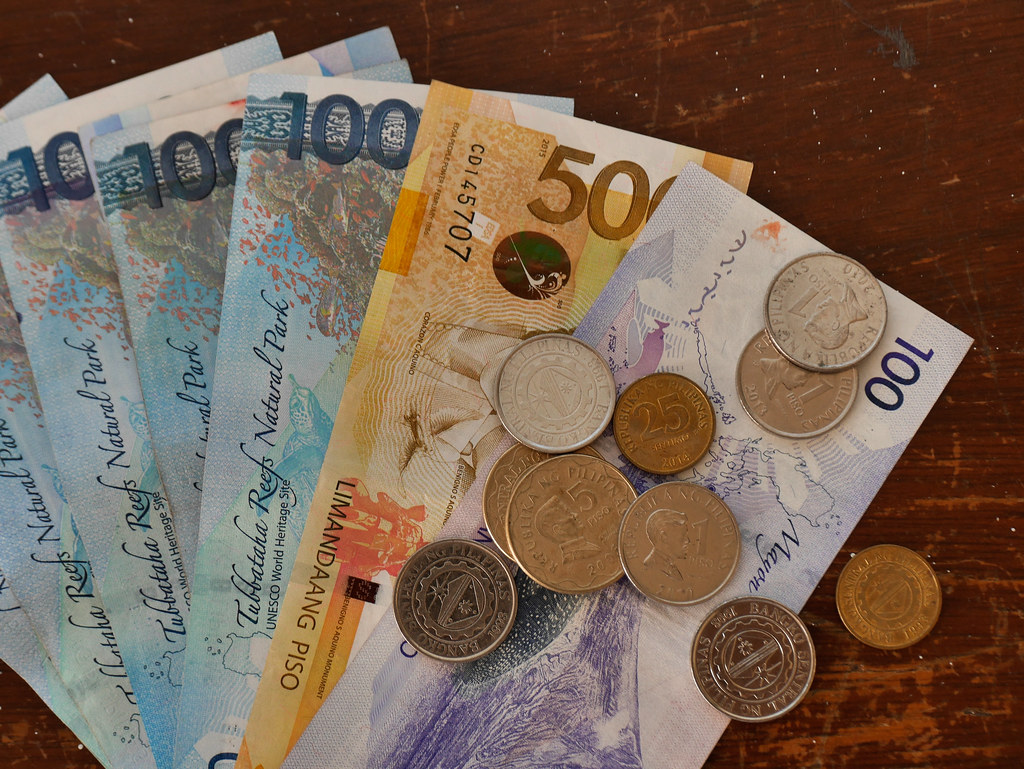Having a good credit score is crucial for financial stability and access to credit opportunities. However, sometimes, due to various reasons, people find themselves with a damaged credit score. If you’re facing a similar situation in the Philippines, don’t worry; this article will guide you through the steps to repair your credit score and regain financial freedom.
Understanding Credit Scores
A credit score is a three-digit number that represents your creditworthiness. It reflects your credit history, including your past borrowing and repayment behavior. In the Philippines, the most commonly used credit scoring system is the FICO credit score, ranging from 300 to 850. The higher your score, the better your creditworthiness.
Importance of a Good Credit Score
A good credit score is essential for obtaining loans, credit cards, or even securing a mortgage. Lenders and financial institutions rely on credit scores to assess the risk of lending money to individuals. A higher credit score increases your chances of loan approval and better interest rates.
Common Causes of Credit Score Damage
Several factors can negatively impact your credit score in the Philippines. It’s essential to be aware of these so you can take appropriate measures to rectify the situation.
Late Payments
Failing to make timely payments on your loans and credit cards can significantly damage your credit score. Payment history is one of the most critical factors in credit scoring, so always strive to pay bills on time.
High Credit Card Balances
Maxing out your credit cards or carrying high balances relative to your credit limit can lower your credit score. Aim to keep your credit card balances below 30% of your credit limit.
Defaulting on Loans
Defaulting on loans, such as personal loans or auto loans, can have severe consequences for your credit score. It’s vital to work with your lenders to find a repayment plan if you’re facing financial difficulties.
Debt Collections
Unpaid debts that have been sent to collections agencies can significantly harm your credit score. Try to negotiate with creditors and settle debts before they reach this stage.
Bankruptcy
Declaring bankruptcy can be a last resort for those facing overwhelming debt. However, it will have a significant negative impact on your credit score and financial reputation.
Assessing Your Credit Report

Requesting a Credit Report
To begin your credit repair journey, obtain a copy of your credit report from a credit bureau like CIBI Information Inc. or TransUnion Philippines. Under the law, you are entitled to one free credit report annually.
Checking for Errors
Carefully review your credit report for any errors or inaccuracies. Dispute any discrepancies you find with the credit bureau to have them corrected.
Strategies to Repair a Damaged Credit Score
Paying Bills on Time
The most effective way to improve your credit score is to consistently make on-time payments for all your credit obligations. Set reminders or use automatic payments to avoid missing due dates.
Reducing Credit Card Debt
Focus on reducing credit card balances to improve your credit utilization ratio. Pay off high-interest credit cards first and avoid opening new credit accounts while you’re in the process of repairing your credit.
Negotiating with Creditors
If you’re struggling to make payments, consider negotiating with your creditors for more manageable terms or settlement options.
Debt Consolidation
Consolidating multiple debts into a single loan can make repayment more straightforward and may even save you money on interest.
Credit Counseling
Seeking advice from a credit counseling agency can help you develop a personalized plan to repair your credit and manage your finances better.
Secured Credit Cards
Consider applying for a secured credit card, which requires a cash deposit as collateral. Responsible use of a secured card can help rebuild your credit over time.
Building Positive Credit History

Opening New Credit Accounts Wisely
As your credit score improves, you may become eligible for new credit accounts. However, open new accounts wisely and only when necessary.
Being an Authorized User
Ask a family member or friend with a good credit history to add you as an authorized user on their credit card. This can help improve your credit score as their positive payment history is reported on your credit report as well.
Keeping Old Accounts Open
The length of your credit history also affects your credit score. Avoid closing old credit accounts, as they contribute positively to the length of your credit history.
Patience and Persistence
Repairing a damaged credit score takes time and effort. Be patient and persistent in your journey to financial recovery.
Financial Education and Budgeting
Educate yourself about personal finance and create a realistic budget to manage your income and expenses effectively.
Seek Professional Help
Credit Repair Companies
You may consider hiring a reputable credit repair company to help navigate the credit repair process and deal with creditors on your behalf.
Consulting with Financial Advisors
Seek advice from financial advisors who can provide personalized strategies to improve your credit and overall financial health.
Avoiding Credit Repair Scams
Warning Signs of Scams
Be cautious of credit repair offers that sound too good to be true or promise an instant fix for your credit score.
How to Identify Legitimate Services
Research and choose legitimate credit repair services with a track record of helping individuals improve their credit scores.
Monitor Your Progress
Regularly check your credit score and credit report to track your progress. Celebrate improvements and stay on course to maintain positive financial habits.
The Impact of Credit Repair on Your Future
As your credit score improves, you’ll have better access to financial opportunities, lower interest rates, and a more secure financial future.





Leave a Reply